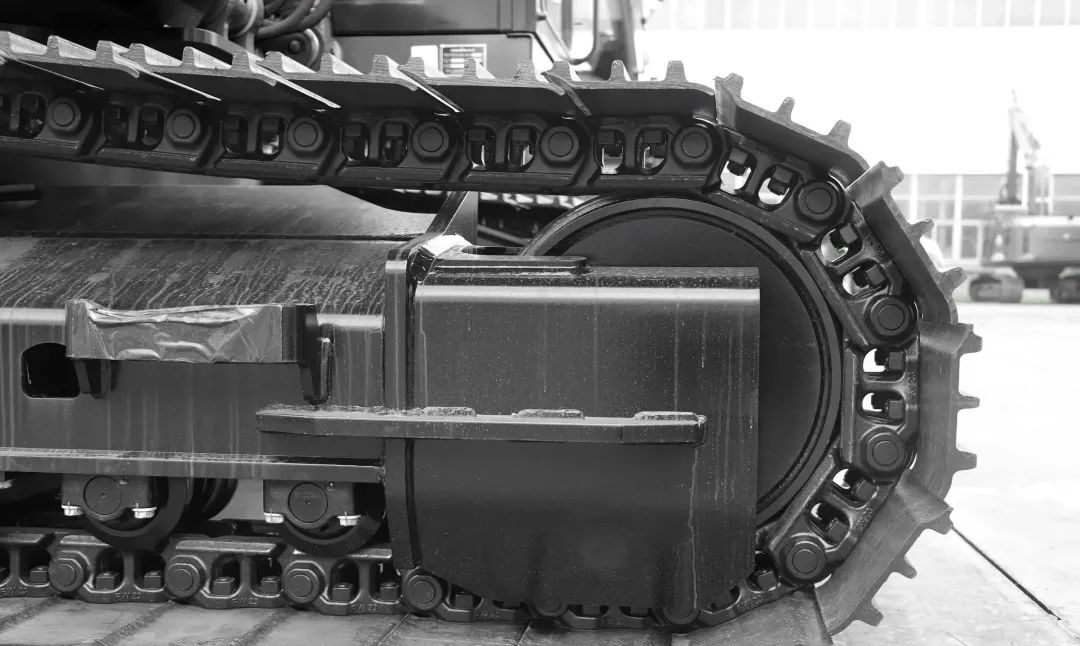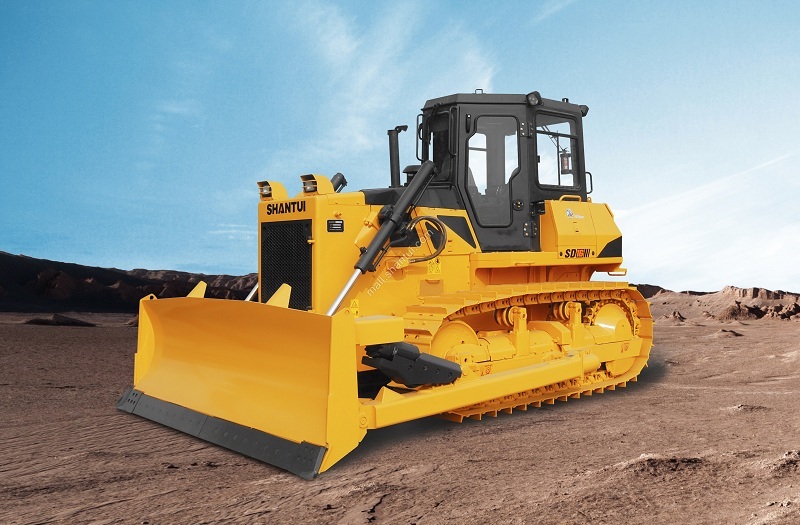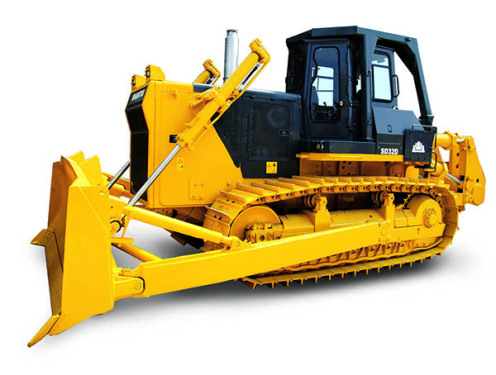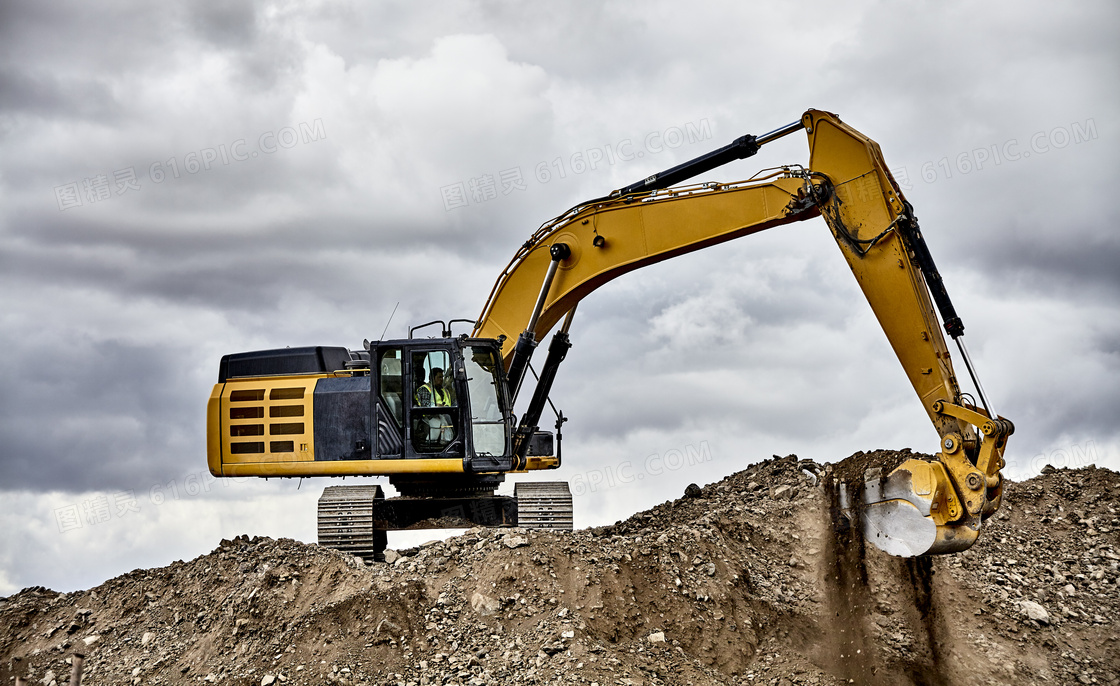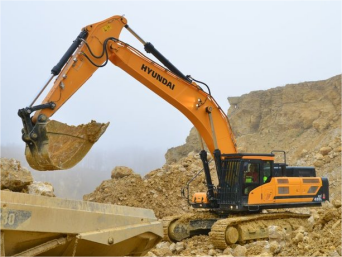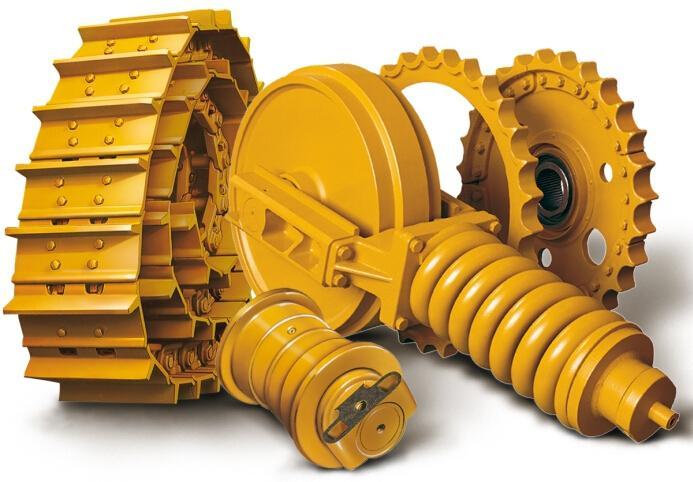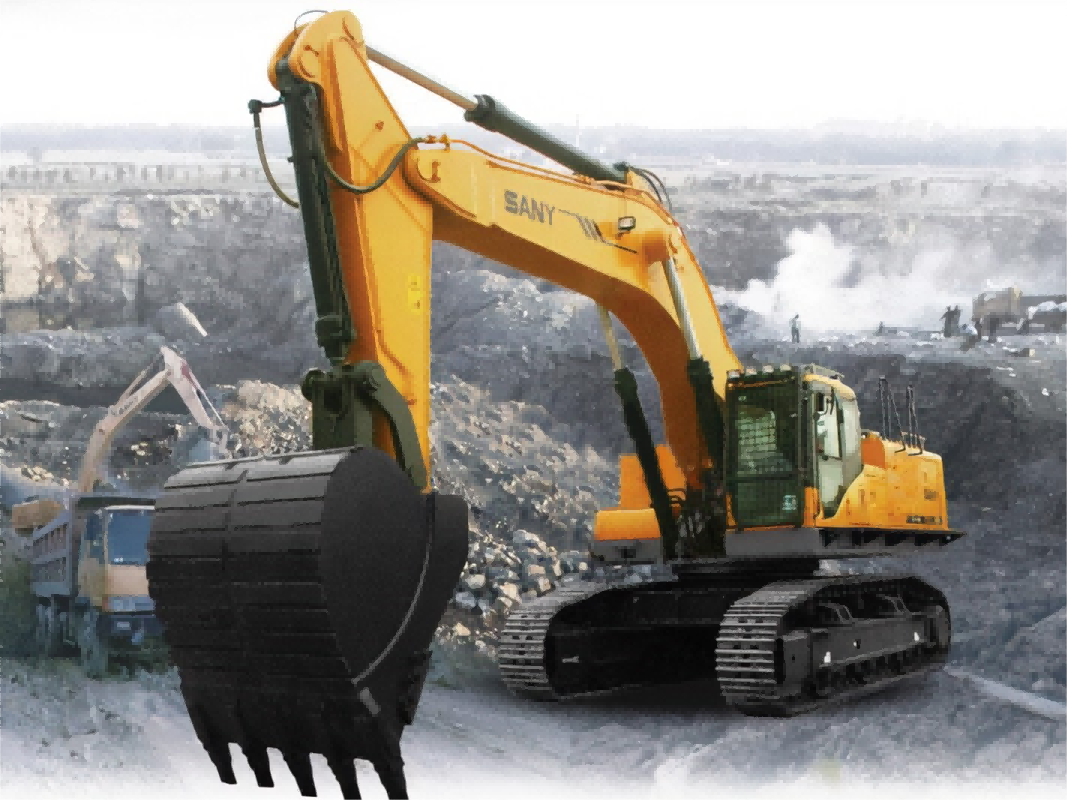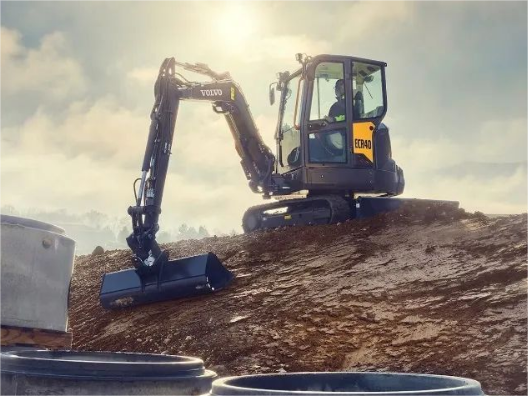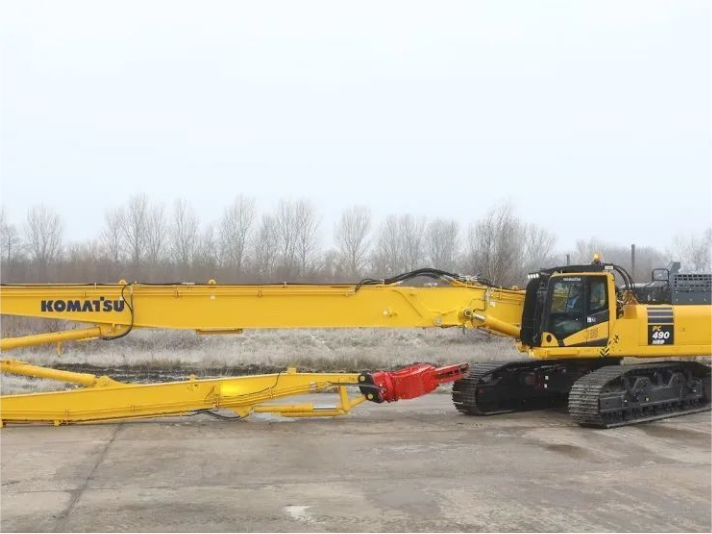Managing Excavator High-Temperature Challenges in Summer Construction
Excavators often encounter a significant challenge during summer construction projects: high-temperature issues. Elevated water and oil temperatures are common occurrences that significantly impair the performance and longevity of excavators. Let’s delve into the details:
High Water Tank Temperature
When the water tank temperature rises excessively, it can negatively impact the engine's heat dissipation process. This, in turn, leads to high-temperature expansion and deformation of critical engine components, including the piston and piston rings. Additionally, elevated temperatures accelerate oil oxidation, resulting in increased wear and tear on moving parts.
Solution: Proper Use of Antifreeze (In my opinion, this statement is not necessary)
To prevent these issues, it is crucial to use antifreeze correctly as it has two essential qualities:
1. Low Freezing Point: Ensures normal operation of the vehicle system during winter by preventing cooling water from freezing.
2. High Boiling Point: During the summer heat, it prevents the cooling water from boiling, maintaining optimal engine performance.
Apart from its primary roles, antifreeze serves additional purposes:
1. Anti-Rust and Anti-Corrosion: It helps slow down the aging process of the entire cooling system, protecting it from rust and corrosion.
2. Anti-Scaling: It prevents scale build-up, ensuring smooth circulation in the pipes.
Maintenance Tips (the following can be added, or not)
Remember the following maintenance practices to keep your excavator cool and functioning optimally:
1. Proper Airflow: Ensure adequate airflow around the engine and water tank.
2. Fluid Levels: Regularly check and maintain appropriate fluid levels, including antifreeze.
3. Frequent Lubrication: Lubricate moving parts as recommended by the manufacturer.
Always use manufacturer-approved antifreeze and avoid mixing different brands to prevent damage to the cooling system. Your excavator will thank you during those scorching summer days!
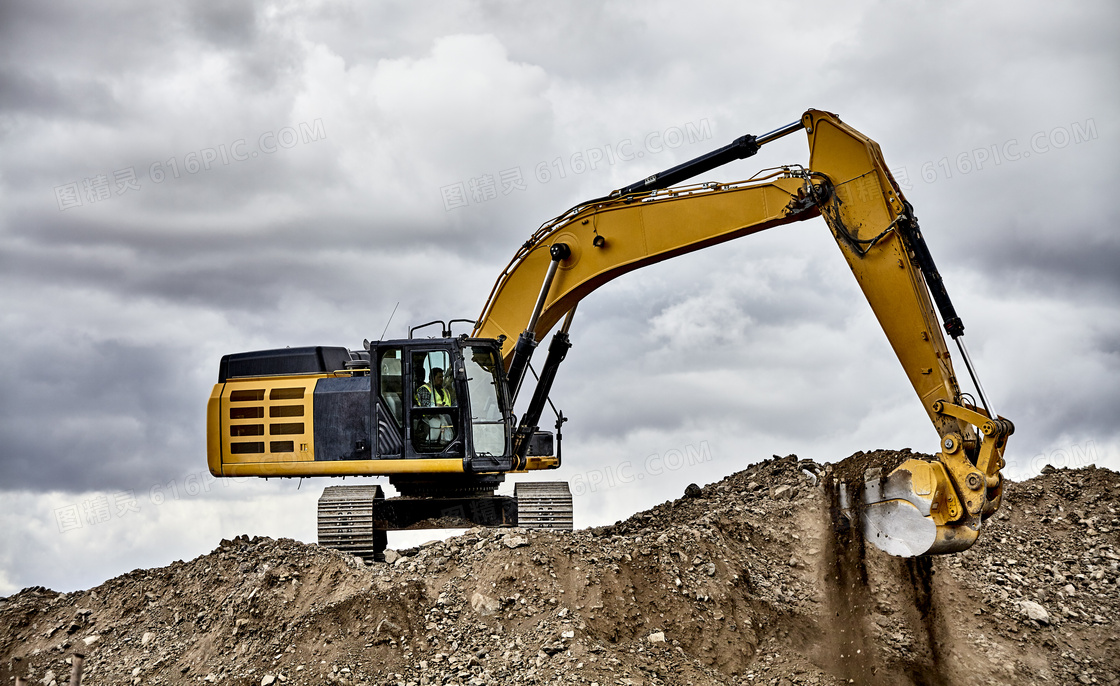
Managing high hydraulic oil temperatures
When the temperature of hydraulic oil rises excessively, a number of critical factors are affected:
Viscosity: The viscosity of the fluid decreases, which has an impact on its flow characteristics.
Lubricity: A reduction in lubricity can lead to increased friction and wear.
Wear resistance: High temperatures accelerate wear on hydraulic components.
To reduce these problems during the summer, consider using a hydraulic oil with a slightly higher viscosity.
However, the continuous rise in temperature can cause components to expand differently, which can lead to blockages. Regular maintenance is essential to avoid this:
Daily inspection: Check hydraulic oil levels regularly and monitor temperature.
Radiator cleaning: Dusting the radiator ensures efficient heat dissipation.
Timely maintenance: Fix problems quickly to avoid downtime.
By following these tips, you can maintain the optimum performance of your hydraulic system.
Managing high grease temperatures for optimum performance
Excessive grease temperatures can have adverse effects on lubrication systems. When grease gets too hot, it softens, resulting in reduced adhesion performance and potential losses. In such situations, the working device and rotating components can suffer high temperatures and faster wear.
The main cause of grease failure is gel shrinkage and evaporative loss of the base oil.
High temperatures play an important role in accelerating grease evaporation, oxidative breakdown and condensation, which ultimately leads to oil fractionation. To mitigate these problems, it is essential to select greases with excellent high-temperature performance. These greases retain their adhesion properties even at high temperatures and ensure a gradual failure process. To mitigate these problems, it is essential to select greases with excellent high-temperature performance, as they retain their adhesion properties even at high temperatures and ensure a gradual failure process.
In addition to the common causes of high engine and hydraulic oil temperatures, there are also environmental factors at play. Debris, such as dead branches and leaves, can inadvertently accumulate on radiators. This build-up, particularly on older machines, exacerbates the overheating of the engine and hydraulic oil, resulting in poor heat dissipation.
Don't forget that choosing the right grease and maintaining optimum operating conditions are essential to ensuring the efficiency and longevity of your machines.


